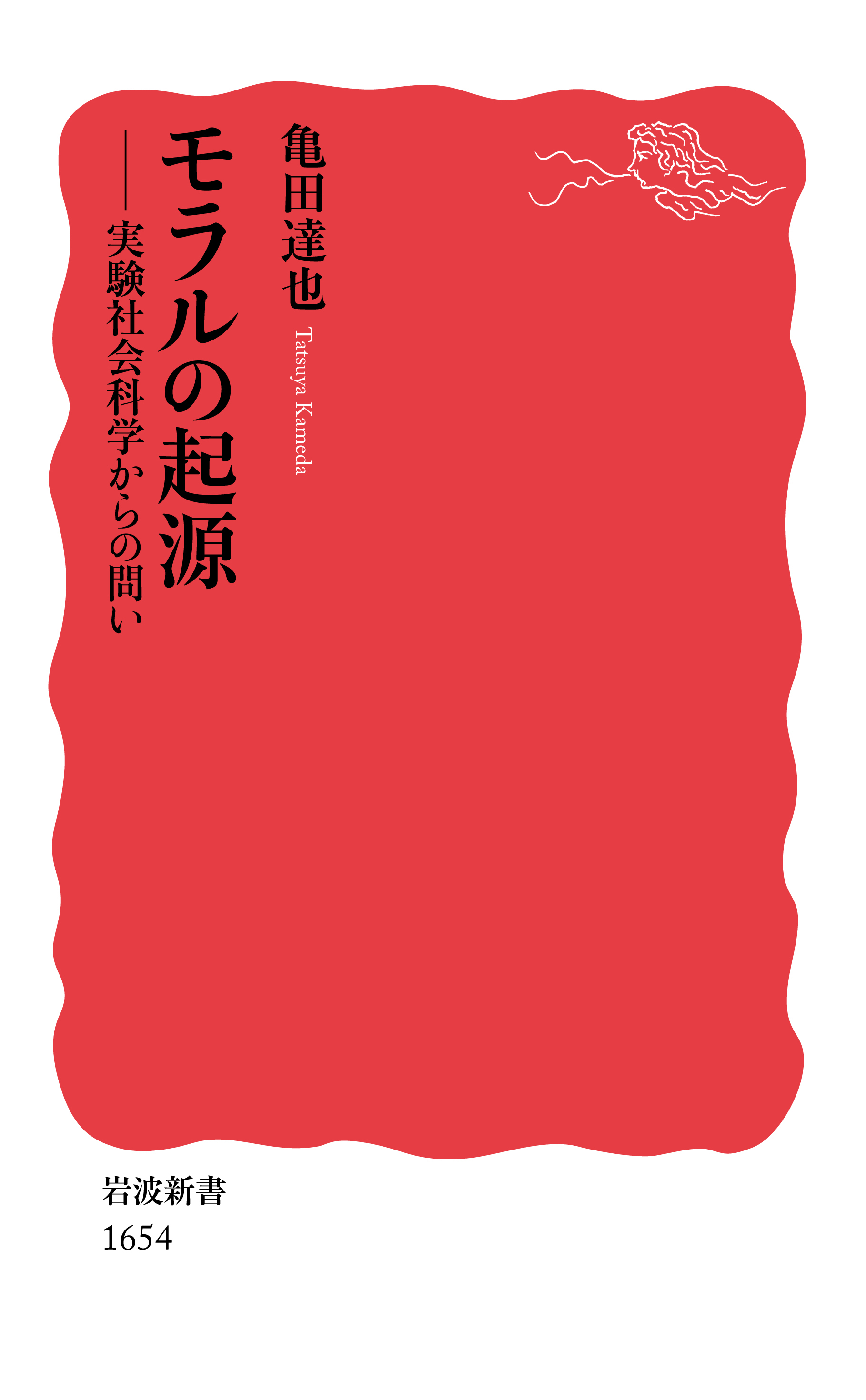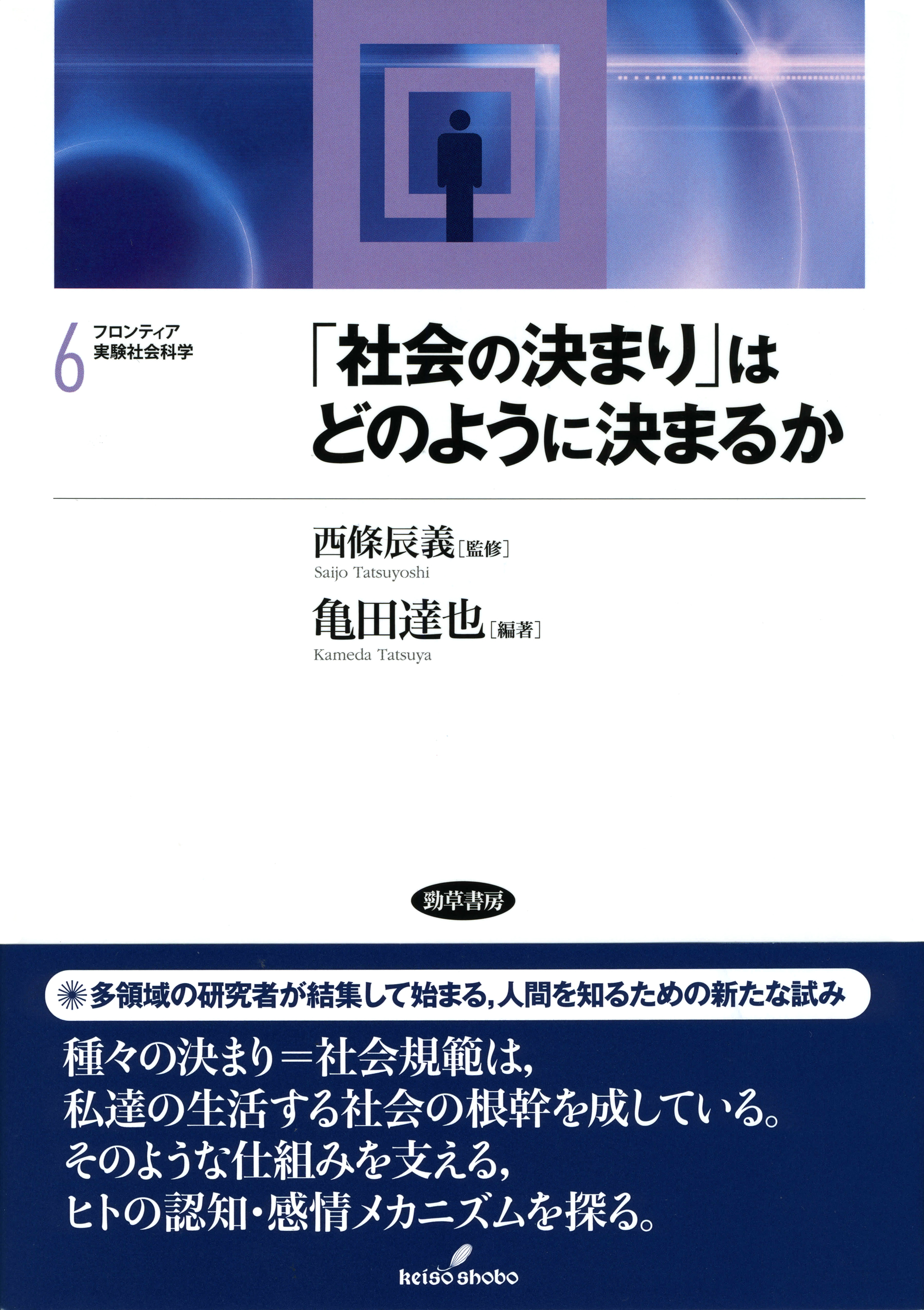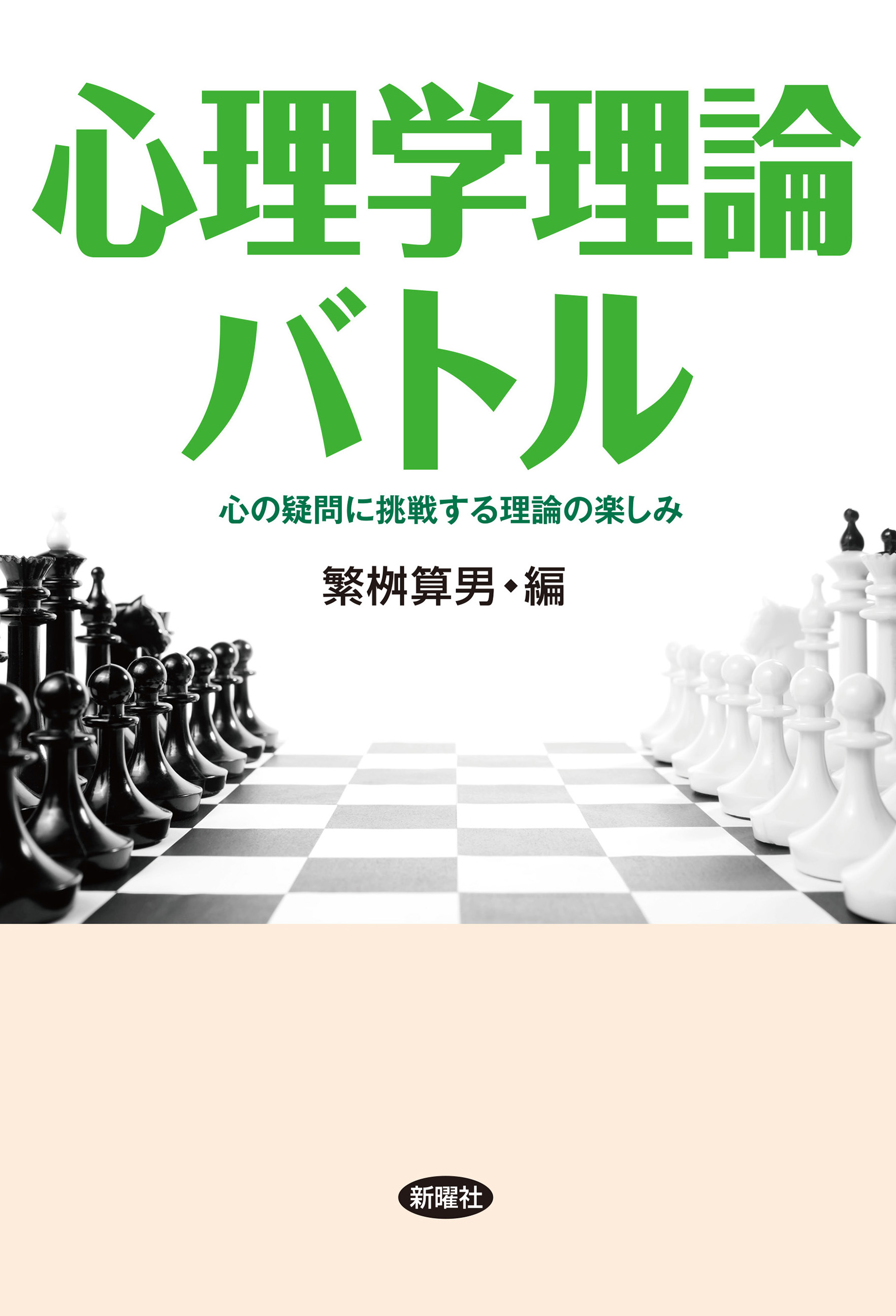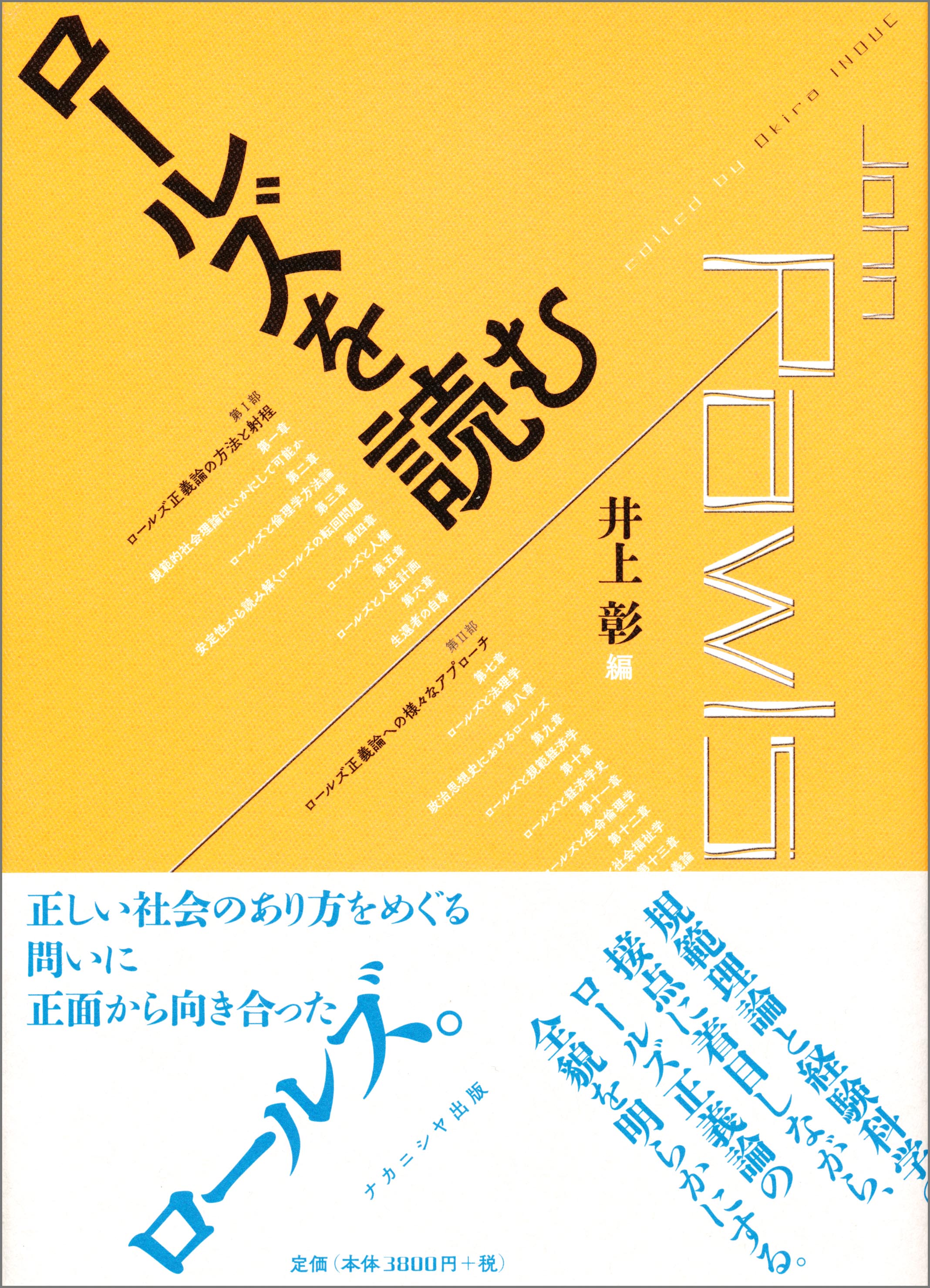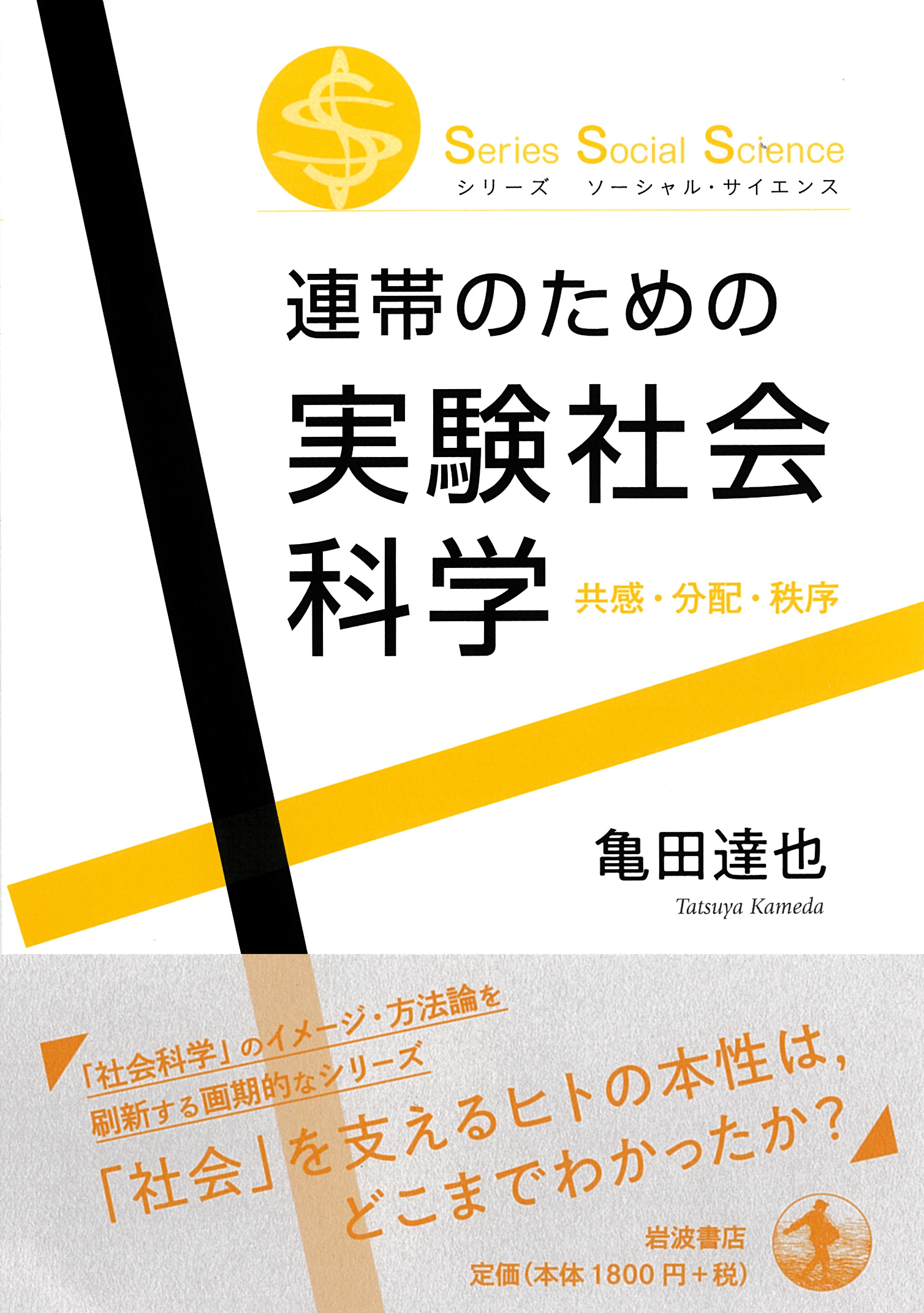
Title
Series: Social Science Rentai no tame no Jikken-Shakai-gaku (Experimental Social Science for Solidarity - Empathy, Distribution, Order)
Size
168 pages, B6 format, softcover
Language
Japanese
Released
January 13, 2022
ISBN
9784000269933
Published by
Iwanami Shoten
Book Info
Japanese Page
The current volume follows up my 2017 work, The Origins of Morality: Questions from Experimental Social Science (Iwanami Shinsho). The starting point for the current volume is the realization, which we have been forced to learn thoroughly due to the COVID-19 crisis, that “Neither individual disciplinary fields nor academia alone can deal with the set of problems faced by contemporary society.”
What is experimental social science? In my previous book, I “defined” experimental social science as “an attempt to understand human nature, including the altruism, empathy, and morality that supports ‘human society,’ by linking cutting-edge knowledge about the ‘human mind’ from the natural sciences with insights from the humanities and social science that have been steadily accumulated over a long history; a will to dream of or challenge for a new integrative discipline with such an orientation but which does not exist in anywhere in the world yet.” This is literally a “loose, humanities definition,” but the perspective remains unchanged. However, new trends in social science, such as computational social science, which attempts to capture social dynamics in real time using big data and policy-oriented social experiments, are urgently asking us to open our eyes to what experimental social science can do.
Chapter 1 describes my understanding of the necessity of disciplinary (societal) solidarity from the perspective of experimental social science.
Chapter 2 discusses the multi-layered “empathetic systems” of human beings (and animals). The volume draws from the research project “Evolution and neurotic foundations of empathy,” established under a Grant-in-Aid for Scientific Research on Innovative Areas, in which I was profoundly shocked, like being hit on the head, as a result of intense interactions with researchers from molecular biology, genetics, physiology, and neuroethology. The chapter describes the shock I experienced.
Chapter 3 discusses “distributive justice.” Drawing on the argument by John Rawls, the political philosopher, this chapter discusses the experiential basis of distributive justice, focusing on experiments on people’s distributive behavior that combine multi-level measurements of behavior, cognition, and nerves.
Chapter 4 discusses the “order problem.” The order problem asks how and why the social order (stable social systems including rules, norms, and institutions) exists. By means of a behavioral experiment using economic game theory, the chapter discusses experiential insights into the ways people create and destroy “order.”
Chapter 5, the last chapter of the volume, sketches out a next-generation experimental social science. A sincere academic response to the question “How does social science deal with distributive justice and order?” depends on a new solidarity between experimental social science, computational social science, and policy-oriented social experimentation (experiments in the field), as well as the construction of a mutual commitment with “scientific” fields beyond disciplinary barriers, like that achieved in our research project.
As the conventional social order is seriously challenged by wars, pandemics, the rise of the authoritarian state, and the decline of liberalism, the humanities and social science are presented with the task of determining how to conceptualize a new order. We are now in the era where “integrated knowledge” in the true sense is at issue. The current volume contains essays that address such a sense of crisis.
(Written by KAMEDA Tatsuya, Professor, Graduate School of Humanities and Sociology / 2022)



 Find a book
Find a book


